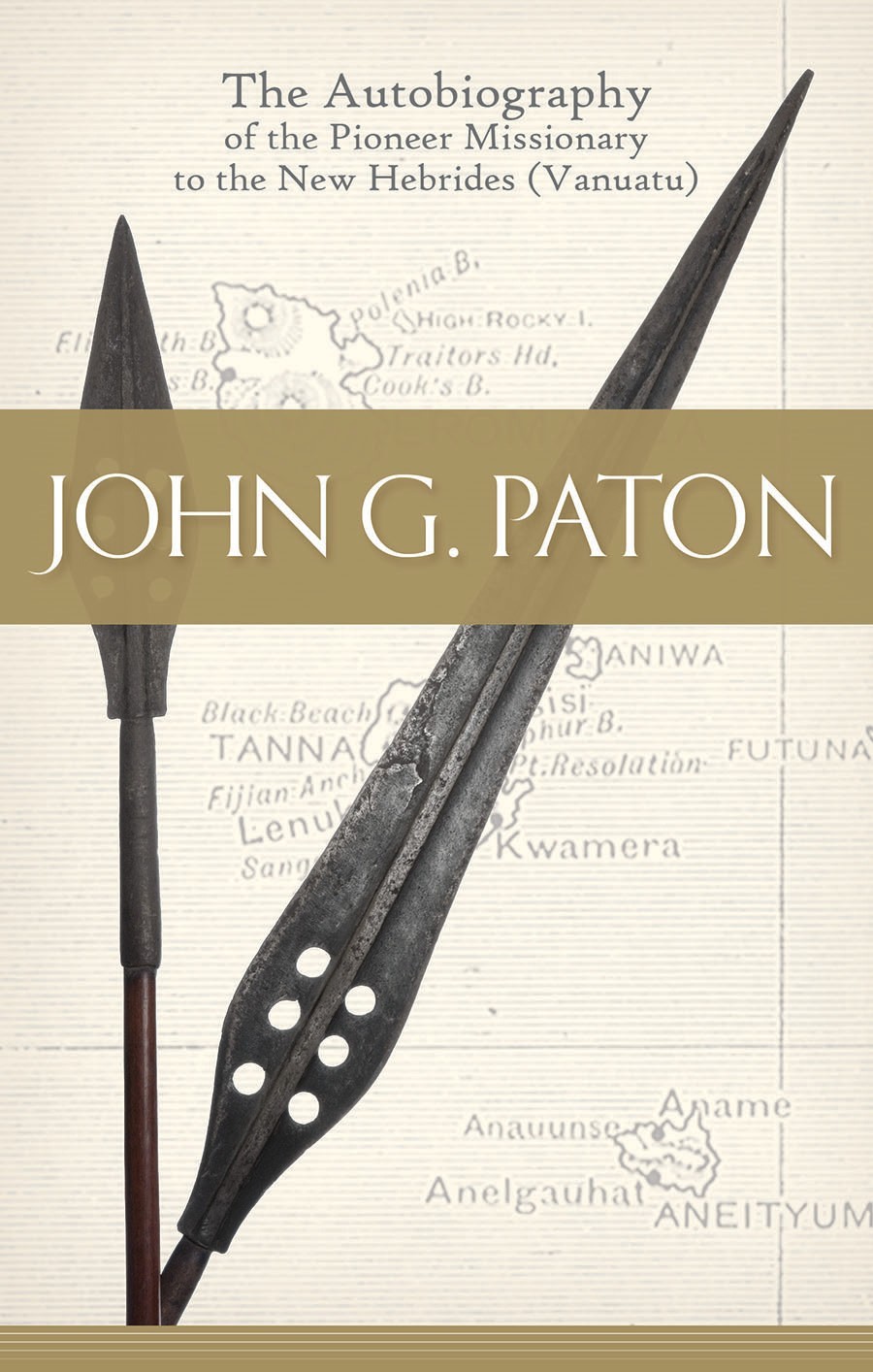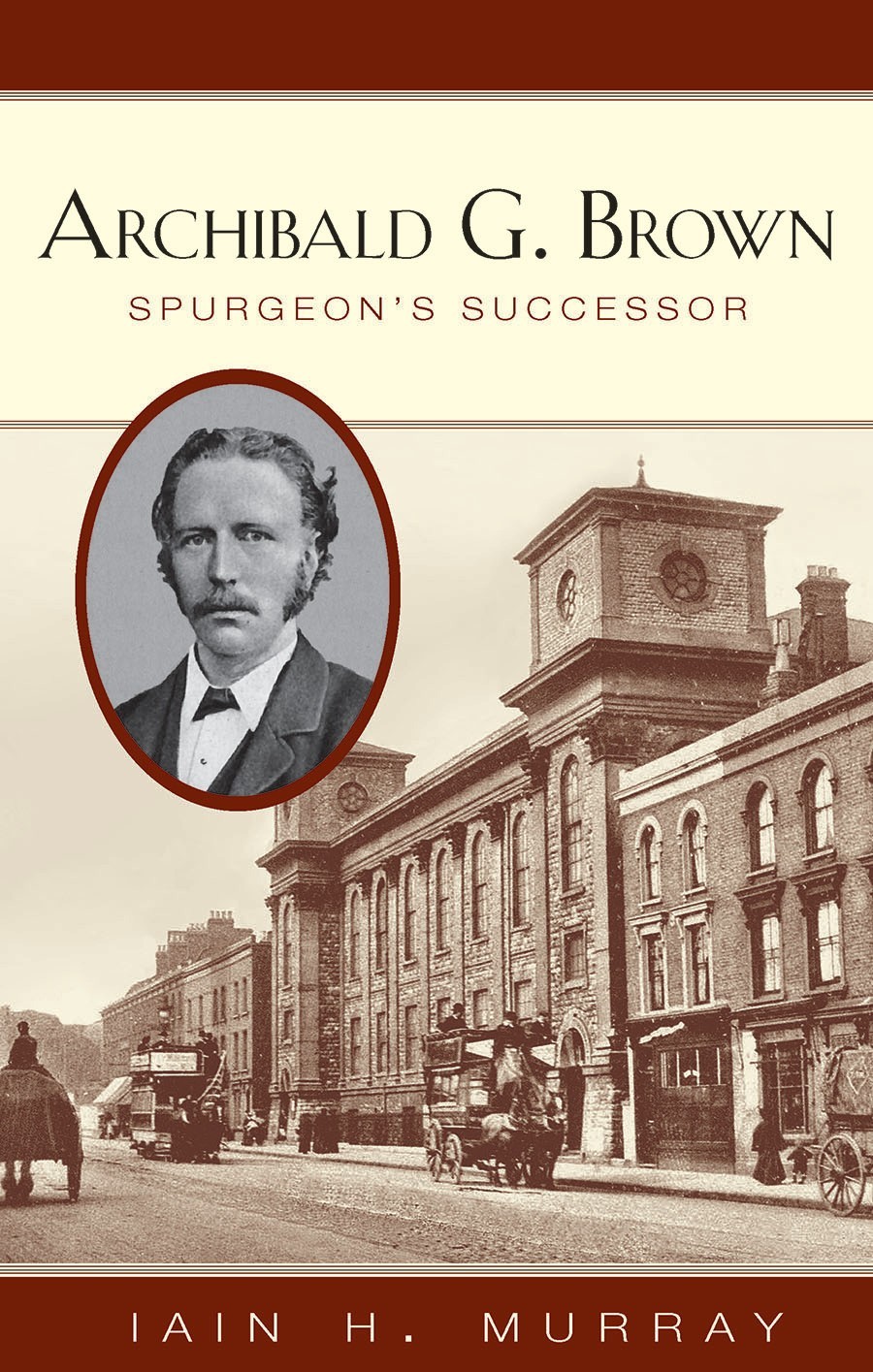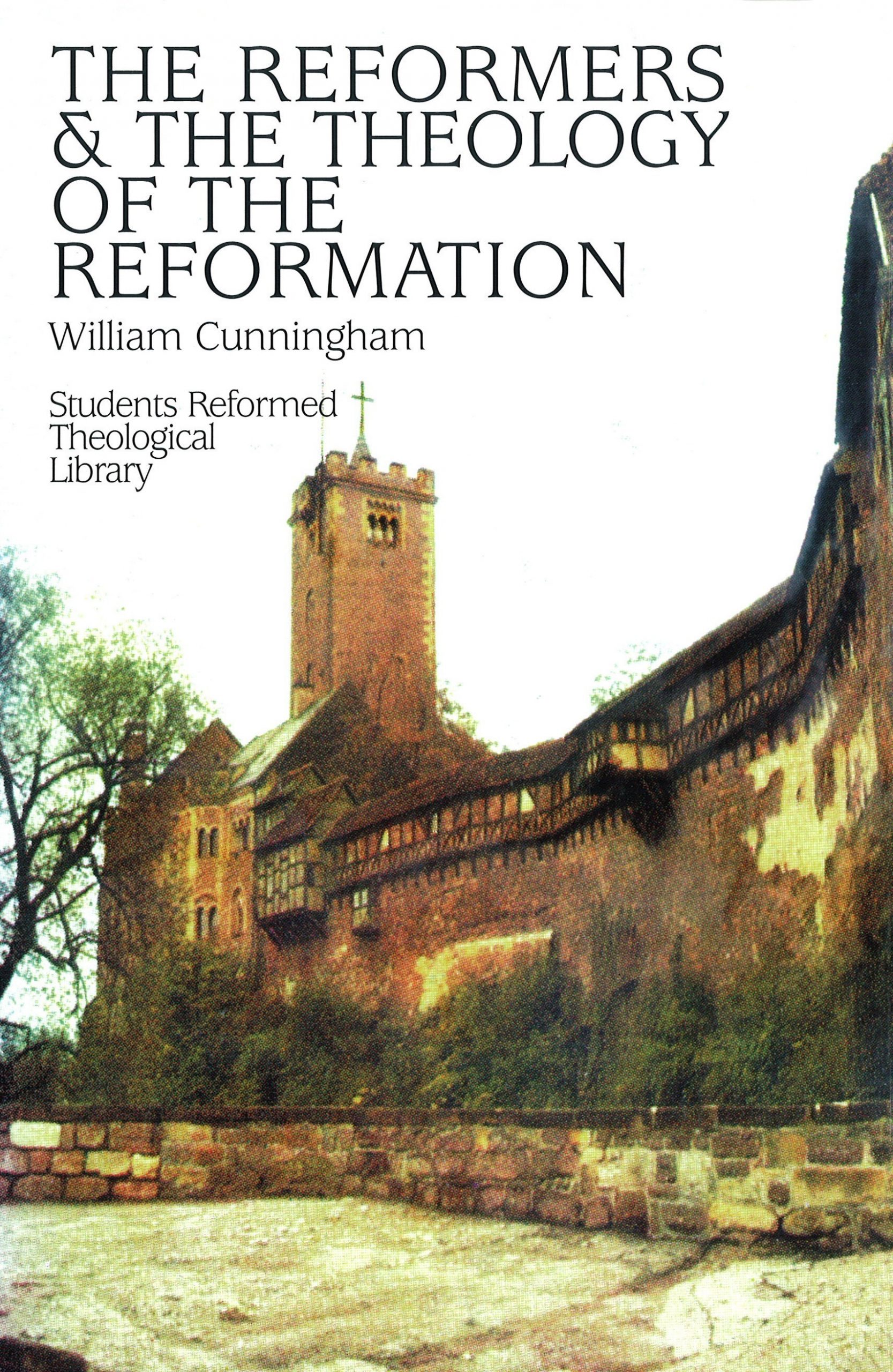Reformers & the Theology of the Reformation
Out of stock
| Weight | 2.04 lbs |
|---|---|
| Dimensions | 8.8 × 5.75 × 1.6 in |
| ISBN | 9780851510132 |
| Topic | Assurance, Doctrines of Grace, Salvation, 16th century, Historical Theology |
| Format | Book |
| Original Pub Date | 1862 |
| Banner Pub Date | Dec 1, 1967 |
| Binding | Cloth-bound |
| Page Count | 628 |
Book Description
William Cunningham was one of the remarkable galaxy of theologians who graced the Faculty of New College, Edinburgh in the early years, where he served as Professor of Church History, and, from 1847, as Principal. A scholar of profound learning and acute judgment, Cunningham was also personally committed to knowing and following the truth, wherever it might lead him in this studies. Consequently his work is characterized by wide-ranging scholarship, by vigorous questioning and, supremely, by a sense of spiritual robustness rarely seen in modern theological writing.
He was too careful a student of the Reformation period merely to follow traditional Protestant interpretations. Here for example, he rejects the common readiness to blame Zwingli for the manner of his death on the battlefield of Cappel. On the other hand, he is not slow to offer critical comment of the Reformers or their teaching where he believes that is warranted. Thankfully, shortly before his death, Cunningham committed to James Buchanan and James Bannerman, his colleagues at New College, the manuscripts he had already prepared for the press. These included the essays published in this fine volume, some of which continue to be recognized as landmark studies in the theology of the Reformation. According to a contemporary, William Cunningham did not merely ‘lecture’ to his students; sometimes he ‘rampaged’. In his teaching, learning, earnestness and eloquence were welded together. The product, in this volume, is scholarship and spiritually of the noblest kind.
Table of Contents Expand ↓
| 1. | THE LEADERS OF THE REFORMATION, | 1 |
| 2. | LUTHER, | 64 |
| 3. | THE REFORMERS, AND THE DOCTRINE OF ASSURANCE, | 111 |
| 4. | MELANCTHON, AND THE THEOLOGY OF THE CHURCH OF ENGLAND, | 149 |
| 5. | ZWINGLE, AND THE DOCTRINE OF THE SACRAMENTS, | 212 |
| 6. | JOHN CALVIN, | 292 |
| 7. | CALVIN AND BEZA, | 845 |
| 8. | CALVINISM AND ARMINIANISM, | 418 |
| 9. | CALVINISM, AND THE DOCTRINE OF PHILOSOPHICAL NECESSITY, | 471 |
| 10. | CALVINISM, AND ITS PRACTICAL APPLICATION, | 626 |
| 11. | THE REFORMERS, AND THE LESSONS FROM THEIR HISTORY, | 600
|
More items to consider:

John G. Paton
The Autobiography of the Pioneer Missionary to the New Hebrides (Vanuatu)
Description
A series of addresses on the leading historical characters and the great biblical doctrines of the Reformation. 628pp.

Archibald G. Brown
Spurgeon's Successor
Description
A series of addresses on the leading historical characters and the great biblical doctrines of the Reformation. 628pp.

The Atonement Controversy
In Welsh Theological Literature and Debate, 1707 - 1841
Description
A series of addresses on the leading historical characters and the great biblical doctrines of the Reformation. 628pp.


R C Ross –
William Cunningham had a towering intellect and a vast learning. His style is dense, forensic and demanding. His subjects tend to be esoteric and appear to be of little contemporary practical or spiritual interest. But this would be an erroneous assessment. One finishes an essay of Cunningham’s with a feeling of slight exhaustion – and that Cunningham has made every effort to exhaust his subject – but with principles absorbed that enrich the mind and the heart and better fit one to serve the Lord’s people.
sunnyolsen –
This is a scholarly book on Calvinism as it’s in Church confessions. I’m only a 1/3 of the way through it but am learning a lot about how the many different theologians viewed certain doctrines, and how each Reformer contributed to our understanding of God’s Word. Why so many call themselves Calvinists even if they would never preach as he did. How Augustine is called a Calvinist too.
It is worth reading!